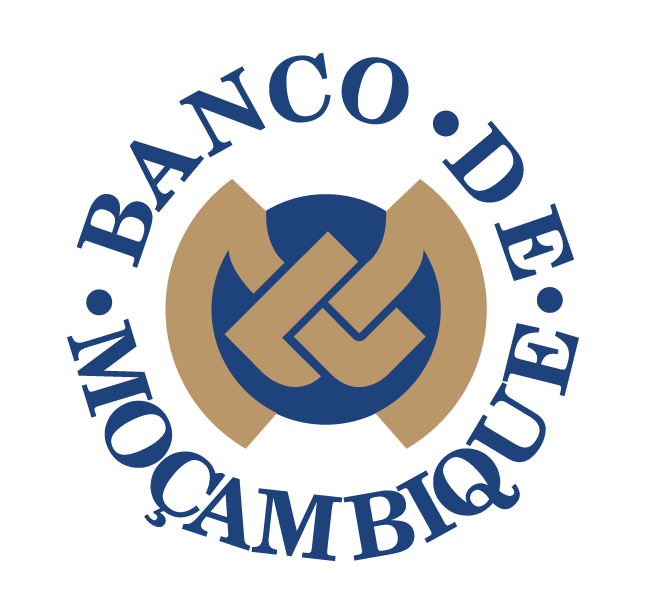MINISTER OF FINANCE DELIVERS OPENING ADDRESS AT THE XVI SCIENTIFIC SEMINAR OF THE BANCO DE MOÇAMBIQUE
Monday, 16 June 2025
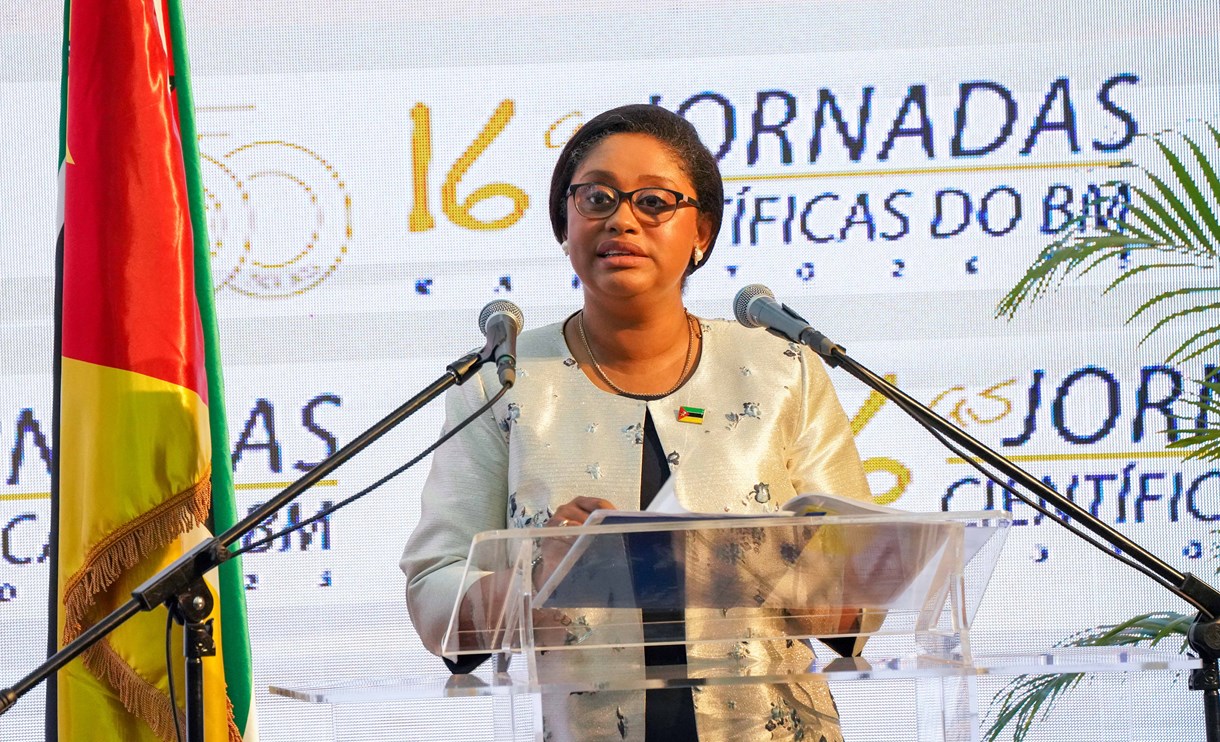
This Monday (June 16), Mozambique’s Minister of Finance, Carla Loveira, delivered the official opening address of the XVI Scientific Seminar of the Banco de Moçambique at the Joaquim Chissano International Conference Center, themed “Capital Account Liberalization in Mozambique and the Challenges for Macroeconomic Management.”
In her opening remarks, Ms. Loveira commended the central bank for its ongoing commitment to the Scientific Seminars, which she described as “a key platform for applied research and in-depth technical and scientific dialogue on complex economic and financial issues.” She further noted the significance of the event, which takes place on the historic occasion of the 45th anniversary of the Metical and the remembrance of the Mueda Massacre of 1960.
According to the Minister, this year’s theme aligns with the Government of Mozambique’s economic policy agenda, which aims to foster a more business-friendly environment for domestic businesses and boost the country’s global competitiveness, at a time when the international landscape remains marked by risks and uncertainties.
Ms. Loveira stressed that the liberalization process must be gradual and carefully calibrated, considering the characteristics of Mozambique’s economy and financial system, the risks tied to capital flow volatility, institutional capacity-building, and the need to strengthen coordination across fiscal, monetary, and exchange rate policies.
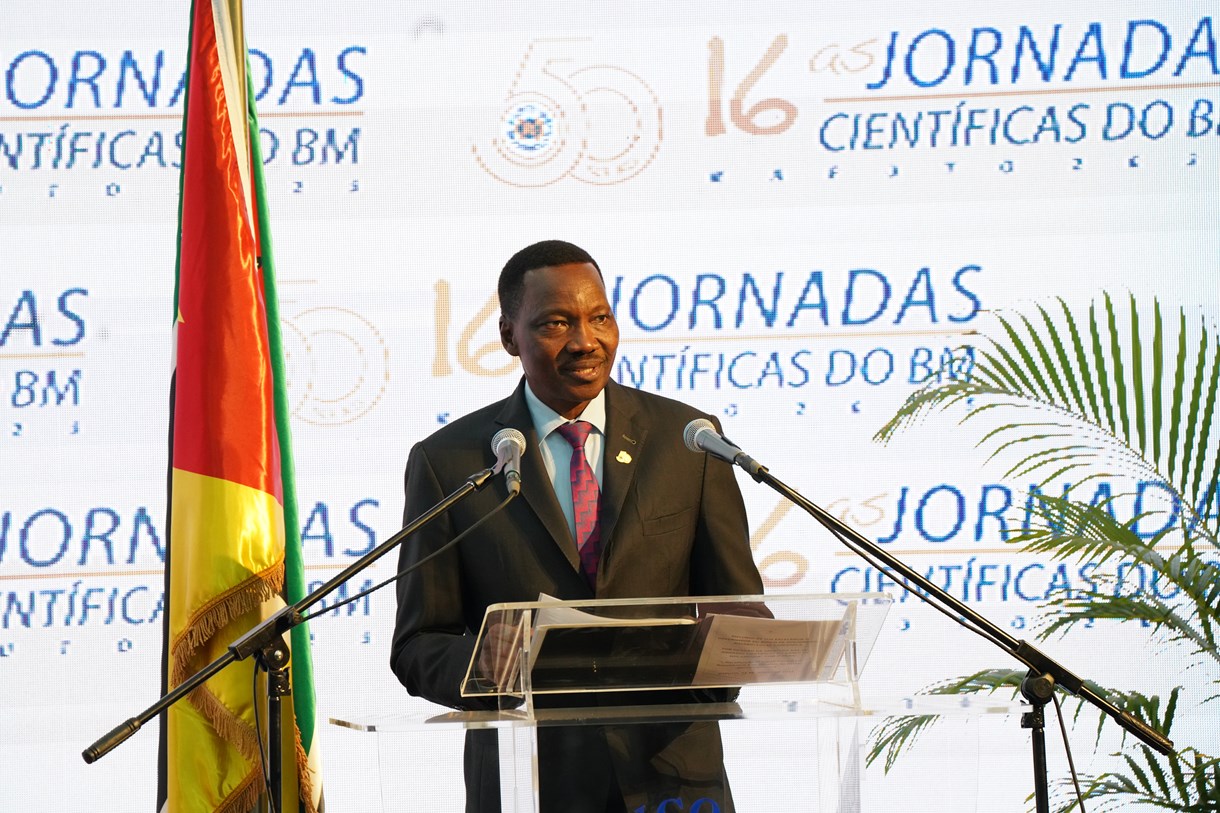
For his part, the Governor of the Banco de Moçambique, Rogério Zandamela, noted that this year’s edition of the Scientific Seminar is particularly significant, as it coincides with the 45th anniversary of the Metical and forms part of the broader celebrations of Mozambique’s 50th independence anniversary.
Governor Zandamela explained that the choice of theme reflects the central bank’s recognition—as the country’s monetary and exchange authority, of the need to deepen knowledge and draw on global experiences regarding capital account liberalization, particularly in addressing the associated challenges. “It was in recognition of the need for a cautious approach to capital account liberalization that the current foreign exchange legislation granted the Banco de Moçambique the prerogative to gradually liberalize its various components. This is based on a rigorous assessment of both domestic and global conditions, which has so far enabled the liberalization of selected foreign direct investment and external loan transactions,” he explained.
He went on to express confidence that a carefully calibrated liberalization process could promote Mozambique’s integration into global capital markets, with the potential to attract external financial flows, such as foreign direct investment, that support higher economic growth, job creation, and improved living standards, while underscoring the potential for such flows to facilitate the transfer of knowledge, technology, and management skills, thereby fostering competition and financial development.
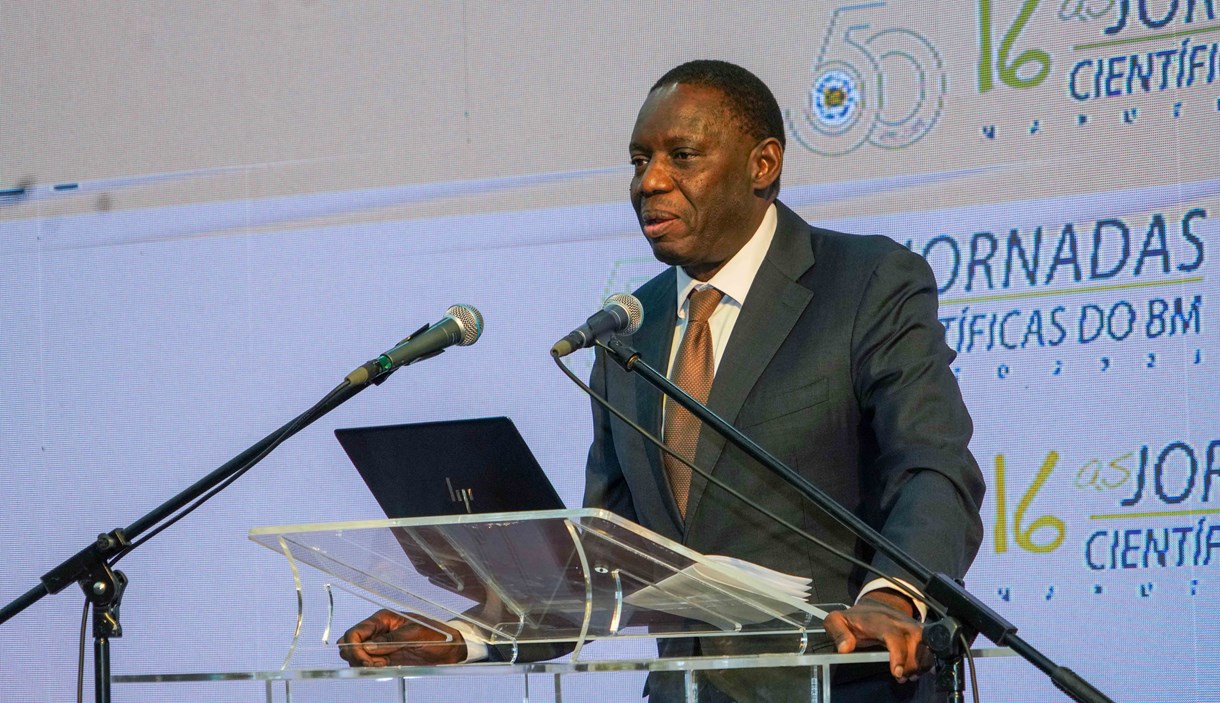
Delivering the keynote address (click for full speech), Michael Atingi-Ego, Governor of the Bank of Uganda, opened by congratulating Governor Rogério Zandamela on the twin milestones of the Banco de Moçambique’s 50th anniversary and the Metical’s 45th anniversary, to the Bank’s leadership and unwavering commitment to monetary stability and financial inclusion.
In his address, Atingi-Ego shared Uganda’s three-decade journey toward capital account liberalization, highlighting the country’s achievements and challenges. He stressed the importance of a bold yet gradual reform process, rooted in sound policy foundations, to ensure a sustainable transition.
Three research papers were awarded during this 16th edition of the seminar, namely “Analysis of Monetary Policy Autonomy under Capital Account Liberalization in Mozambique,” by Estevão Mboana;“Impact of Capital Mobility on the Effectiveness of Monetary Policy in Mozambique (2000–2023),” by Sharmila Cumbana and Hilário Muchabel; and “Capital Account Liberalization and Exchange Rate Stability in Mozambique: An ARDL Approach,” by Moisés Nhanombe. All authors received certificates.
Further into the event, Governor Zandamela presented the Minister of Finance with a commemorative coin marking the 45th anniversary of the Metical, received on behalf of the President of the Republic, Daniel Chapo.
In closing remarks, Jamal Omar, Board Member for Monetary Stability at the Banco de Moçambique, thanked all participants, particularly the keynote speaker, paper authors, discussants, and jury members, for their contributions to the quality of the discussions and research presented.
Mr. Omar also announced the theme for the 17th Scientific Seminar, to be held in 2026: “Regulation and Use of Artificial Intelligence in the National Financial System: Risks and Uncertainties.”
In attendance at the event were government officials, board members, former governors, bank executives, and staff members, as well as representatives from public institutions, academia, research centers, and financial institutions.
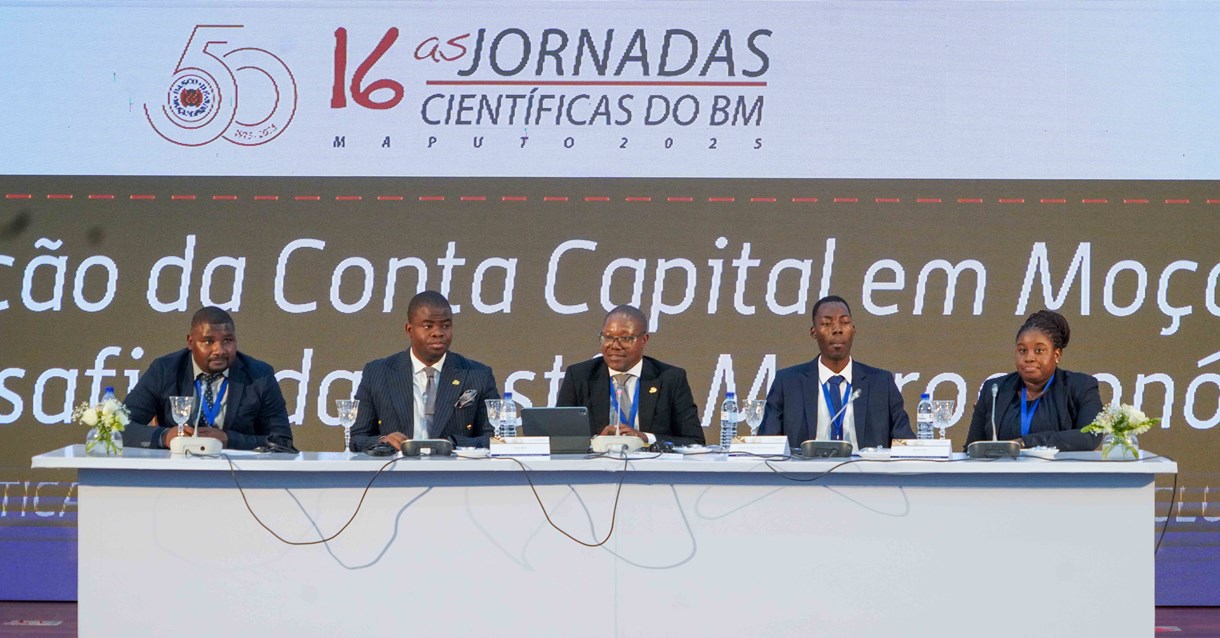
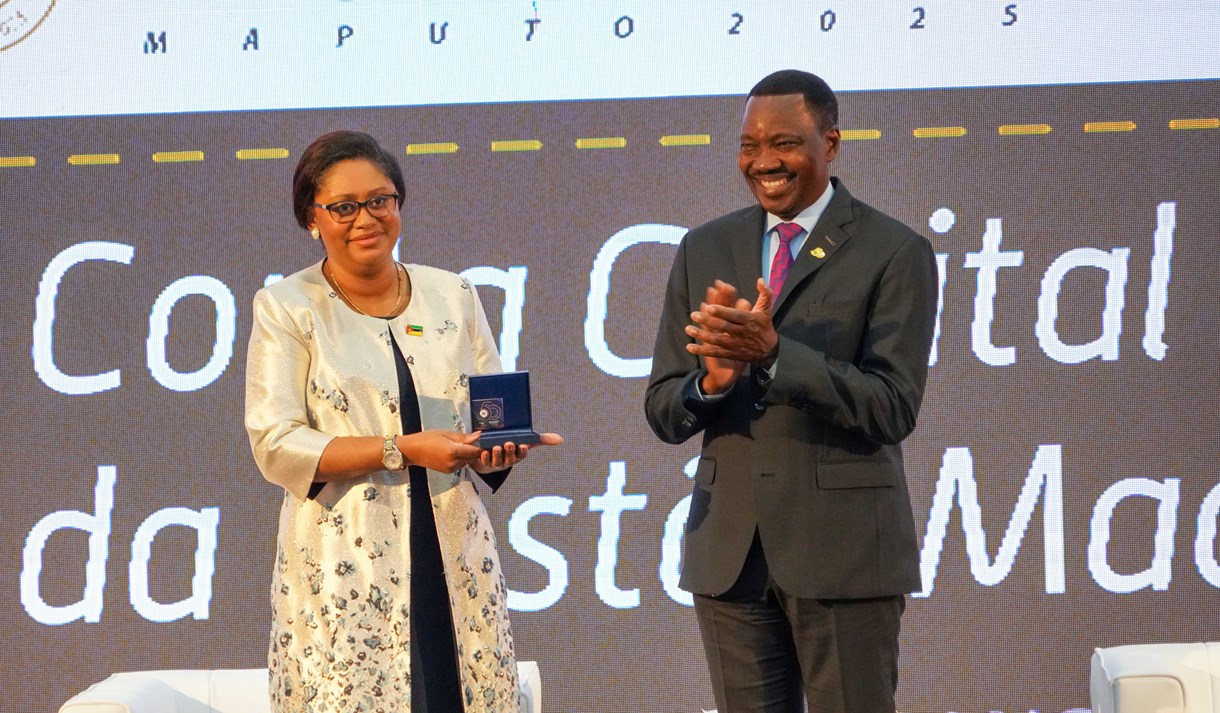
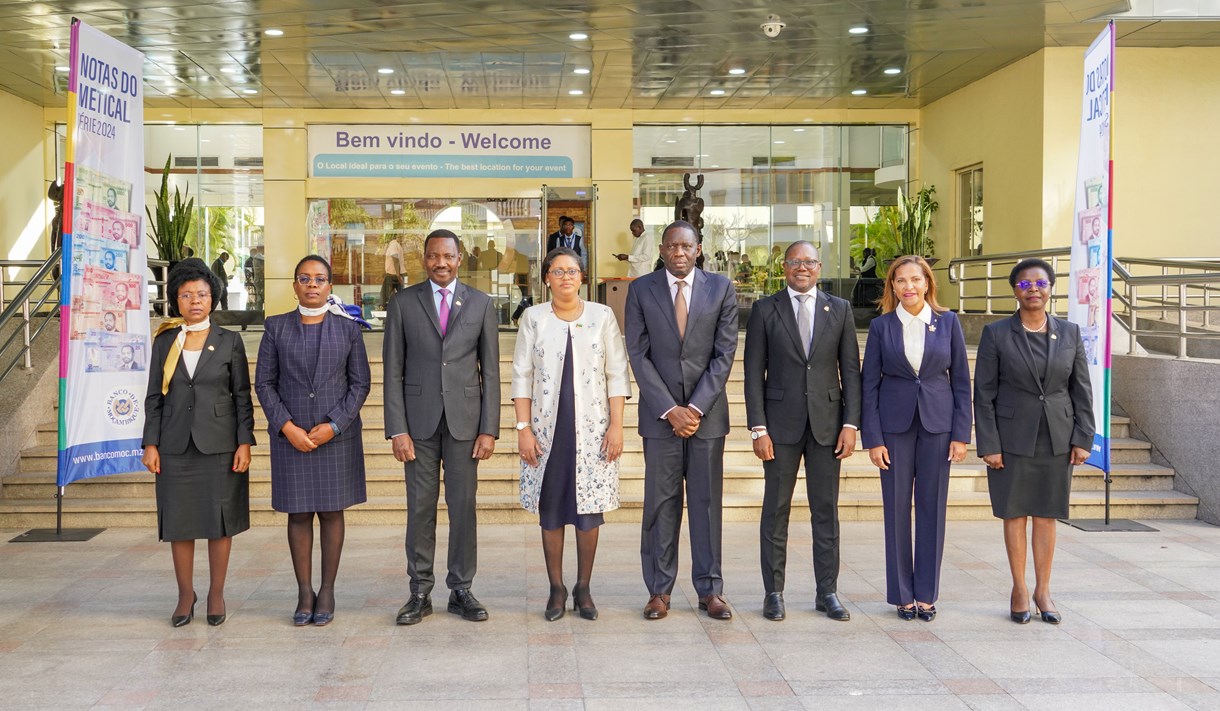
Step into more highlights of the festivities at The Bank Turns 50.
